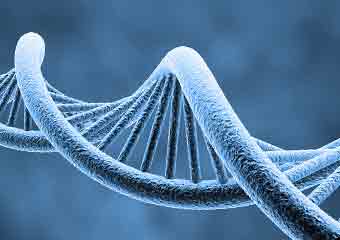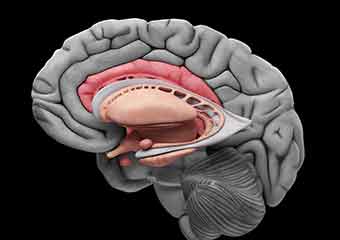A single traumatic experience can set off many different levels of pain, whether emotional or physical, acute or chronic. But can PTSD affect how the brain processes pain? Marla Mickleborough, MA, of the University of British Columbia and Judith Daniels, PhD, of the University of Western Ontario, wanted to find out whether the brain might […]
Resistance to PTSD: Could It Be in Your DNA?
Not everyone who experiences trauma develops PTSD. So what might be boosting the resilience of the folks who experience trauma and don’t suffer from PTSD? According to Israel Liberzon, MD, of the University of Michigan, Ann Arbor, genetic factors might play a role. When combined with trauma in early childhood, a tiny DNA change (or […]
PTSD, the Hippocampus, and the Amygdala – How Trauma Changes the Brain
Emotional neurocircuitry . . . . . . it’s how the brain is wired for emotions. But in the brain of a person with PTSD, emotional distress could physically (and perhaps even visibly) change the neurocircuitry. In a normal brain, the interaction between the hippocampus and the amygdala is important for processing emotional memory. It’s […]
Neurofeedback Training for Trauma Treatment
Yesterday in the Rethinking Trauma webinar series, I had a conversation with Sebern Fisher, MA. Sebern is an expert in the use of neurofeedback and has seen tremendous success in implementing this revolutionary technology with patients. Some of the questions that have come up repeatedly are, “How do I get trained on using neurofeedback with […]
A Look at Trauma from Inside the Brain
Trauma’s impact on the body can often be readily apparent, but what does trauma look like from inside the brain? According to David Berceli, PhD, there’s a specific sequence to how the brain processes trauma . . . . . . and knowing how it works could be essential to honing our approach to the […]




